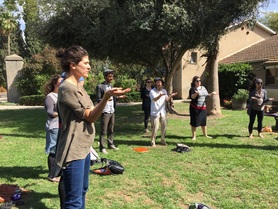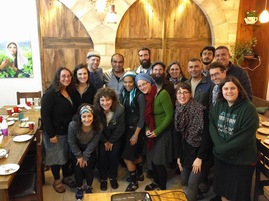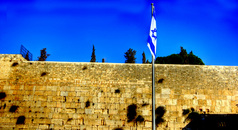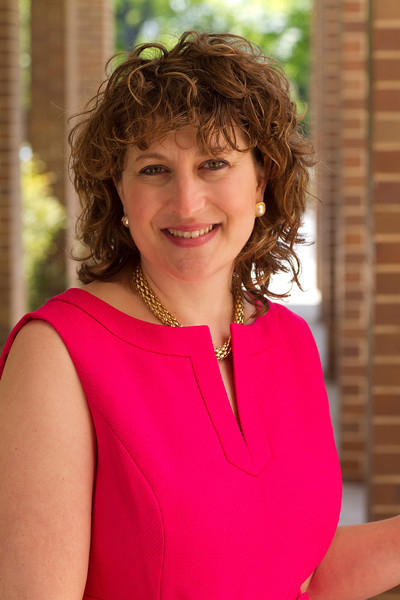
And yet, this book is filled with parallels and lessons for Judaism today. First of all, in this book we find many sections about kedusha, holiness, and the idea that we must strive to be holy each and every day, in every relationship and with every act. Furthermore, we know that our rabbis of old taught us that prayer should be the replacement for sacrifice. Just as sacrifice was the ancient way for the Israelites to connect with God, so today prayer becomes the new way to connect people with our God.
While traveling throughout Israel this past week, I have been learning about 14 networks of new intentional communities that comprise approximately 250 different communities throughout Israel. The process by which these communities are developing, and have developed, reminds me of the challenge our ancestors had when there was no more Temple, and we needed to find a new way to connect with our God. Thousands of Israelis have found new ways to connect to their Zionism, and similarly, we in the United States must find new ways to connect with our Judaism.
Our Makom NY, like the Makom in Israel, the name of the organization of networks of intentional communities, is striving to find new ways of connection. And the inclusion of the teachings of kedushah, of holiness, within this book just reinforces the importance of this holy work. May we continue to find new ways to connect, and may the excitement of the Israelis in building new communities be transferred to the American Jewish community.
Shabbat Shalom from Israel,
Rabbi Bravo



 RSS Feed
RSS Feed
